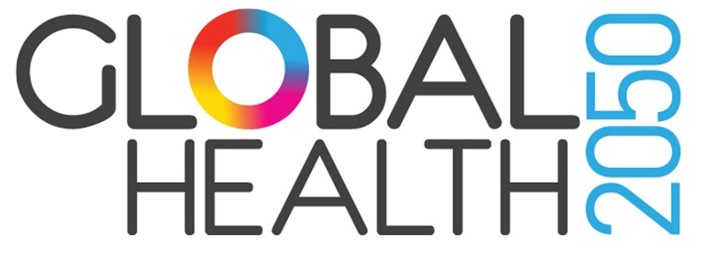Policy Reports & Briefs
Investing in Health: The Economic Case
November 29, 2016
Report of the WISH Investing in Health Forum 2016
Dean Jamison, Gavin Yamey, Naomi Beyeler, Hester Wadge
Bellagio Workshop on Implementing UHC
Implementing pro-poor universal health coverage
December 11, 2015
Lancet Global Health
Participants at the Bellagio Workshop on Implementing Pro-Poor Universal Health Coverage: Jesse Bump, Cheryl Cashin, Kalipso Chalkidou, David Evans, Eduardo González-Pier, Yan Guo, Jeanna Holtz, Daw Thein Thein Htay, Carol Levin, Robert Marten, Sylvester Mensah, Ariel Pablos-Méndez, Ravindra Rannan-Eliya, Martín Sabignoso, Helen Saxenian, Neelam Sekhri Feachem, Agnes Soucat, Viroj Tangcharoensathien, Hong Wang, Addis Tamire Woldemariam, Gavin Yamey
Policy Report: Implementing Pro-Poor Universal Health Coverage, Lessons from country experience
December 2015
Gavin Yamey and David Evans, on behalf of the Bellagio workshop participants
Practice Brief: Implementing Pro-Poor Universal Health Coverage, Lessons from country experience
December 2015
Gavin Yamey and David Evans
G7 and Global Health
Global health on the G7 agenda: Policy options to achieve the Global Health 2035 goals
April 2015
This “policy options” paper builds on the CIH’s evidence to identify four policy recommendations for the G7 and Germany to help achieve dramatic gains in global health. For each recommendation, this paper highlights concrete opportunities and evidence relevant to the three stated health priorities of the German government and the G7 (neglected tropical diseases, pandemic preparedness, and antimicrobial resistance).
Global health on the G7 agenda: Priorities for international collective action
January 2015
This policy brief presents the vision of Global Health 2035 and evidence on the G7’s health priority areas (neglected tropical diseases, pandemic preparedness, and antimicrobial resistance).
Myanmar
January 2016
Outlines a set of high impact opportunities that Myanmar can pursue to dramatically improve population health and achieve a grand convergence.
Sweden
Sweden’s development assistance for health – Policy options to support the Global Health 2035 goals
November 7, 2014
A report commissioned by the Swedish Expert Group for Aid Studies on opportunities to align Sweden’s health aid with global priorities and needs.
India
Returns on investing in health in India
November 2014
Outlines specific tools and financing investments for India to achieve convergence, and the economic and health returns on these investments.
Sustainable Development Goals
Premature deaths could be reduced by 40% over next 20 years
October 2014
A summary of an article in The Lancet (Ole Norheim, Richard Peto et al) suggesting that the world could reduce preventable deaths by 40% by the year 2030.
October 2014
A call to action to design a measurable, evidence-based Sustainable Development Goal for health based on Global Health 2035 modelling.
Report overview & briefs
Global Health 2035: Report overview
Summarizes the four key messages and findings of the Global Health 2035 report.
Achieving a grand convergence in global health
Policy brief #1: Lays out opportunities for both national governments and the international community to support the achievement of the convergence goals.
The returns on investing in health
Policy brief #2: Uses a full income approach to estimate the returns to investing in health for low- and middle-income countries.
Curbing non-communicable diseases and injuries
Policy brief #3: Outlines a package of cost-effective, population-based and clinical interventions that could reduce premature illness and death due to non-communicable diseases and injuries.
Opportunities for low- and middle-income countries
Policy brief #4: Lays out the investment framework for national governments to meet the goals of a grand convergence, curbing non-communicable diseases and injuries, and achieving universal health care coverage.
Opportunities for the international community
(Arabic)
Policy brief #5: Identifies key opportunities for international collective action to support a grand convergence, major reductions in non-communicable diseases and injuries and the promise of universal health care coverage.
